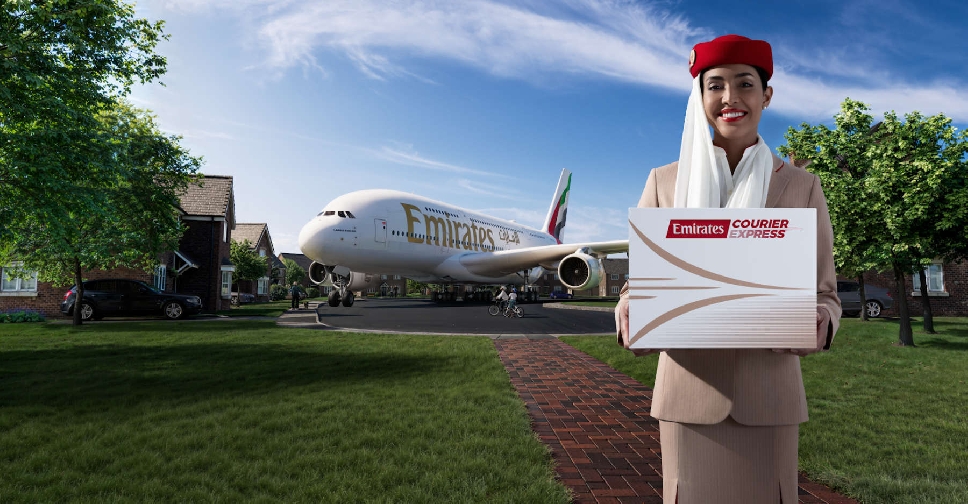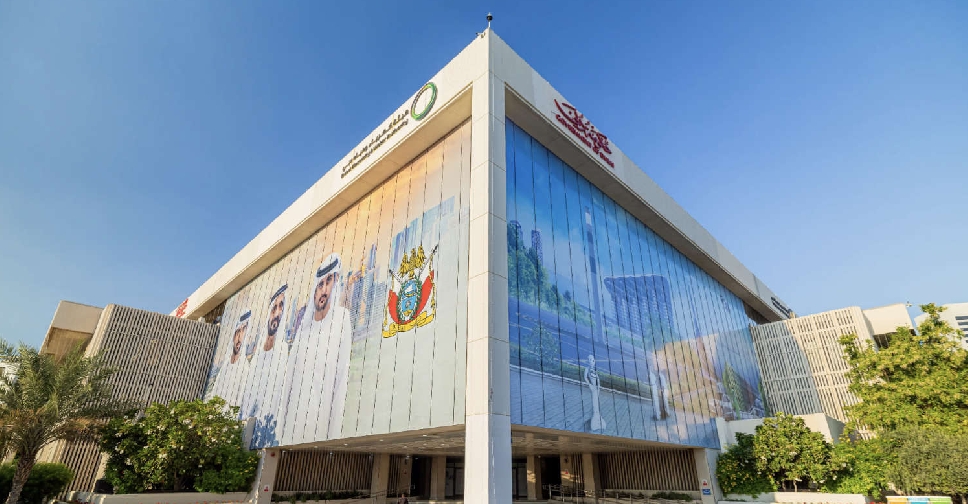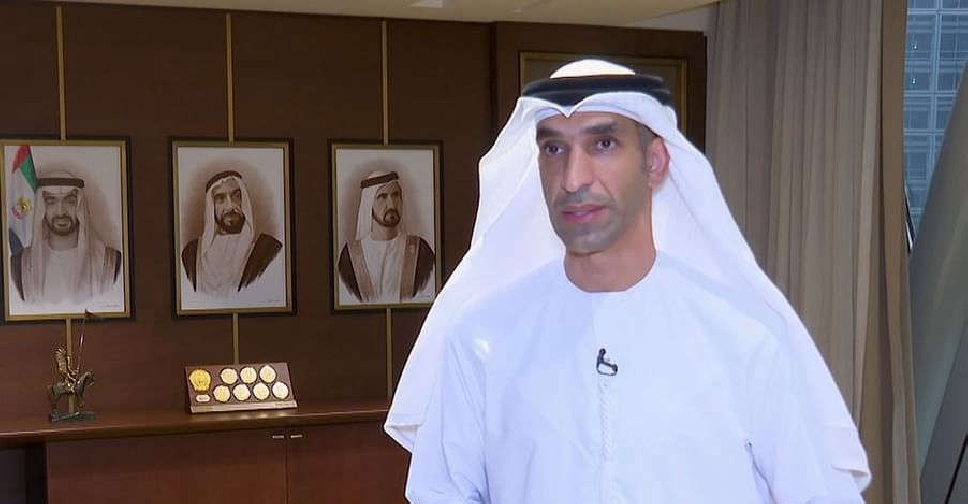
India started 2016 as the world’s fastest-growing major economy, but at its end the nation faces a significant slowdown and the delay of what’s been hailed as Prime Minister Narendra Modi’s greatest reform - the creation of an integrated marketplace. Much of the pain is self-inflicted as Modi’s decision in November to drain 86 per cent of currency in circulation stalled spending and caused a political stalemate on a landmark sales-tax reform. It’s an apt end to a busy year that’s included a change of guard at the central bank, the overhaul of a century-old bankruptcy law and the biggest battle to rock corporate India in decades. And it’s sown the seeds for a tumultuous 2017. “Reforms will have long-term structural benefits but carry short-term execution and adjustment risks,” said Abhishek Dangra, a credit analyst at S&P Global Ratings. A move away from cash and the introduction of a uniform goods and sales tax across the country next year will be beneficial in the medium-term as it will drive higher tax collections," he said. (Anirban Nag/Bloomberg)



 UAE tops global entrepreneurship rankings for 4th straight year
UAE tops global entrepreneurship rankings for 4th straight year
 Emirates launches express delivery service
Emirates launches express delivery service
 DEWA reduces CO2 emissions with increased electricity, water efficiency
DEWA reduces CO2 emissions with increased electricity, water efficiency
 UAE's CEPA with Costa Rica, Mauritius come into force
UAE's CEPA with Costa Rica, Mauritius come into force



